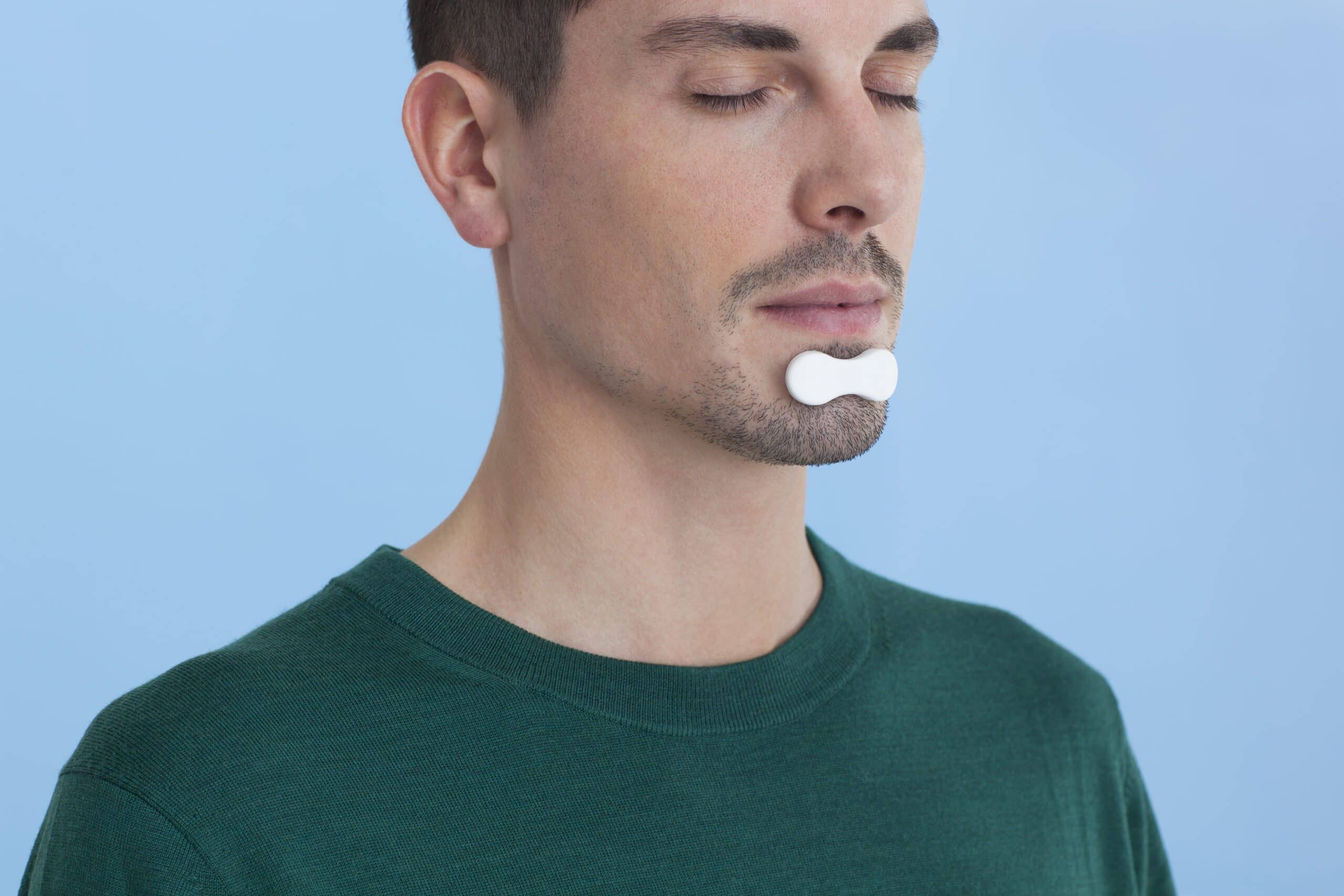Updated clinical trial data indicate that the First Line Obstructive Sleep Apnea Treatment study (FLOSAT)—an ongoing head-to-head study comparing the effectiveness of precision oral appliance therapy (OAT) as first-line treatment versus CPAP therapy—is on track to achieve all endpoints, according to ProSomnus Inc.
The data was presented at the ProSleep 2023 Users Conference earlier this month. ProSomnus EVO devices are being used for the precision OAT arm of the study. A total of 136 patients with moderate and severe obstructive sleep apnea (OSA) were included in the study.
Key findings to date include:
- Precision OAT is effective and non-inferior to CPAP as a first-line treatment for moderate to severe OSA
- Precision OAT was effective among 90% of moderate and 85% of severe OSA patients
- Precision OAT was preferred by patients, with 98% continuing therapy at three months versus 22% discontinuing CPAP therapy over the same period of time
- In an intention-to-treat analysis factoring efficacy and adherence, precision OAT demonstrated twice the mean disease alleviation as CPAP
“The FLOSAT study was designed to evaluate whether precision oral appliance therapy could be utilized for the very practical and emergent issue of patients with OSA who could not access CPAP due to the recall,” says Olivier Vanderveken, MD, PhD, Antwerp University Hospital, in a release. “The preliminary results of this study indicate that precision oral appliances are an effective and patient-preferred treatment option, which is particularly relevant for the growing number of sleep clinicians practicing the P4 approach to making medicine more predictive, preventive, personalized, and participatory.”
An additional observation from FLOSAT is the performance of precision OAT among severe OSA patients, in the context of data reported for hypoglossal nerve stimulation. Using the same criteria for efficacy—an apnea-hypopnea index under 20 and a 50% improvement—85% of severe OSA patients were successfully treated with non-invasive precision OAT.
Clinical studies for the surgically implanted hypoglossal nerve stimulation devices, such as the STAR trial, report success in the range of 66% even with patient selection and the exclusion of concentric collapse patients. In July, ProSomnus announced plans to design a head-to-head clinical trial comparing precision OAT and hypoglossal nerve stimulation in treating patients with severe OSA.
Patients are actively being enrolled in the Severe OSA Study, a multi-center, prospective, clinical trial designed to demonstrate the safety and effectiveness of ProSomnus devices for the treatment of severe OSA and apply for FDA label expansion.
“The updated data and analysis from FLOSAT is validation that precision oral appliance therapy with ProSomnus devices is an effective front-line treatment for moderate to severe OSA,” says Len Liptak, co-founder and CEO of ProSomnus, in a release. “This is an important finding. Each year millions of people worldwide are diagnosed with moderate to severe OSA. An estimated 40% of them refuse CPAP. Over 2 and a half million people have been impacted by the recent CPAP recall and seek alternatives. The results of this study indicate that precision OAT with ProSomnus devices is an effective, and preferred, option for these patients.”
Data from FLOSAT will also be presented at the iBEDSSMA Symposium, taking place in Knokke-Heist, Belgium, from Sep 22-23, and the World Sleep Congress, taking place in Rio de Janeiro, Brazil, from Oct 20-25.









































